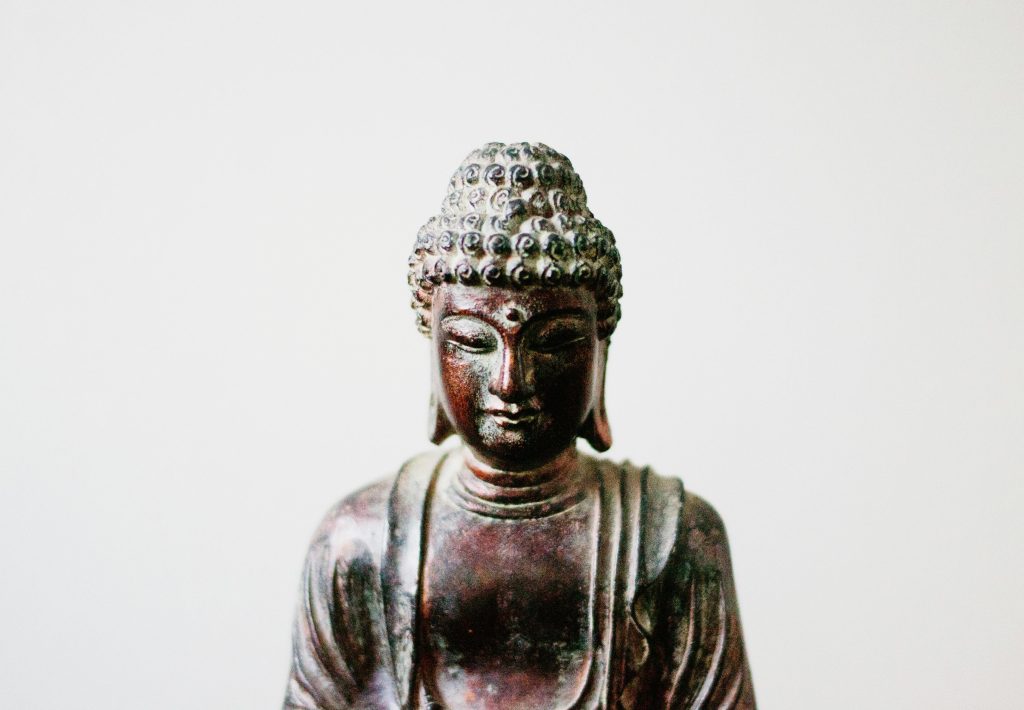Mindfulness meditation has gained popularity in recent years as a practice that promotes mental well-being and emotional balance. Rooted in ancient traditions, mindfulness meditation involves focusing on the present moment without judgment. This article explores the benefits of mindfulness meditation, its impact on mental health, and practical tips for incorporating mindfulness into daily life.

Understanding Mindfulness Meditation
Mindfulness meditation is a technique that encourages individuals to pay attention to the present moment, including thoughts, feelings, bodily sensations, and the surrounding environment. It involves:
- Focused Attention: Concentrating on the breath or a specific sensation to anchor awareness in the present moment.
- Non-judgmental Awareness: Observing thoughts and emotions without labeling them as good or bad, allowing for acceptance and self-compassion.
Benefits of Mindfulness Meditation
- Stress Reduction: Mindfulness meditation reduces stress by promoting relaxation responses in the body, lowering cortisol levels, and improving resilience to stressors.
- Improved Mental Health: Regular practice can alleviate symptoms of anxiety, depression, and other mood disorders by fostering emotional regulation and reducing rumination.
- Enhanced Focus and Concentration: Mindfulness enhances cognitive abilities, including attention span, working memory, and decision-making skills, leading to improved productivity.
- Better Emotional Regulation: Practitioners develop greater awareness of their emotions, allowing them to respond to situations with clarity and composure rather than react impulsively.
- Increased Self-Awareness: Mindfulness cultivates self-awareness by helping individuals recognize habitual patterns of thought and behavior, empowering them to make conscious choices.
- Improved Relationships: Enhanced empathy and communication skills foster deeper connections with others, promoting understanding and harmony in interpersonal relationships.

Incorporating Mindfulness into Daily Life
- Start Small: Begin with short sessions of 5-10 minutes daily and gradually increase the duration as you become more comfortable with the practice.
- Choose a Quiet Space: Find a peaceful environment free from distractions where you can sit comfortably with a straight posture.
- Focus on the Breath: Use the breath as an anchor for attention. Notice the sensations of inhaling and exhaling, allowing thoughts to come and go without attachment.
- Non-judgmental Observation: Observe thoughts, emotions, and sensations with curiosity and compassion, acknowledging them without reacting or dwelling on them.
Practical Tips for Beginners
- Use Guided Meditations: Apps like Headspace, Calm, and Insight Timer offer guided meditations for beginners, providing structure and support.
- Practice Regularly: Consistency is key. Set aside time each day for mindfulness practice, integrating it into your daily routine like brushing your teeth or exercising.
- Join a Community: Participate in mindfulness classes or join online communities to connect with others who share your interest and commitment to mindfulness.

Conclusion
Mindfulness meditation offers a wealth of benefits for mental, emotional, and overall well-being. By cultivating present-moment awareness and developing a non-reactive stance towards thoughts and emotions, individuals can enhance their resilience, improve relationships, and experience greater peace and fulfillment in life. Incorporating mindfulness into daily routines empowers individuals to navigate challenges with clarity and compassion, fostering a balanced and harmonious approach to living.